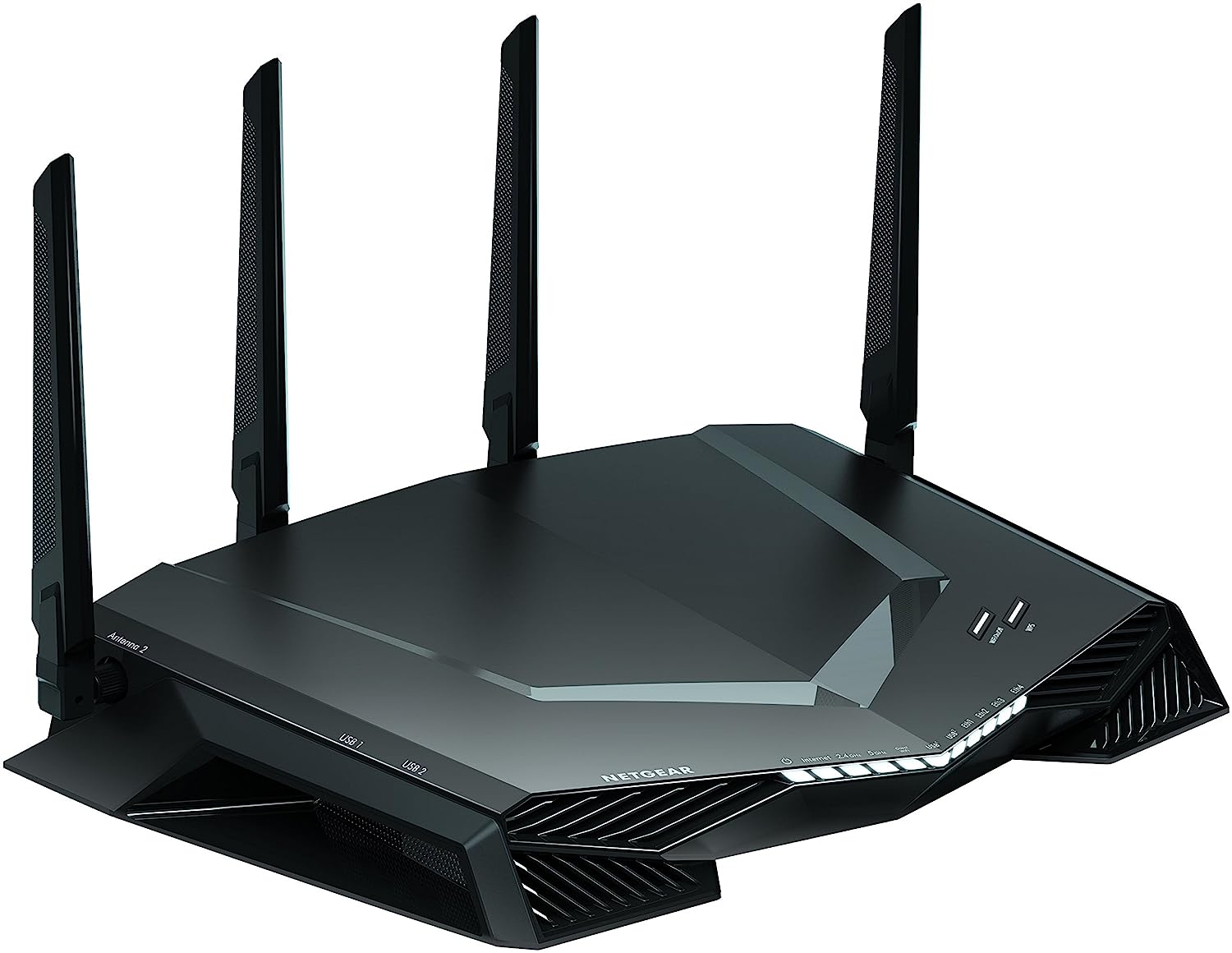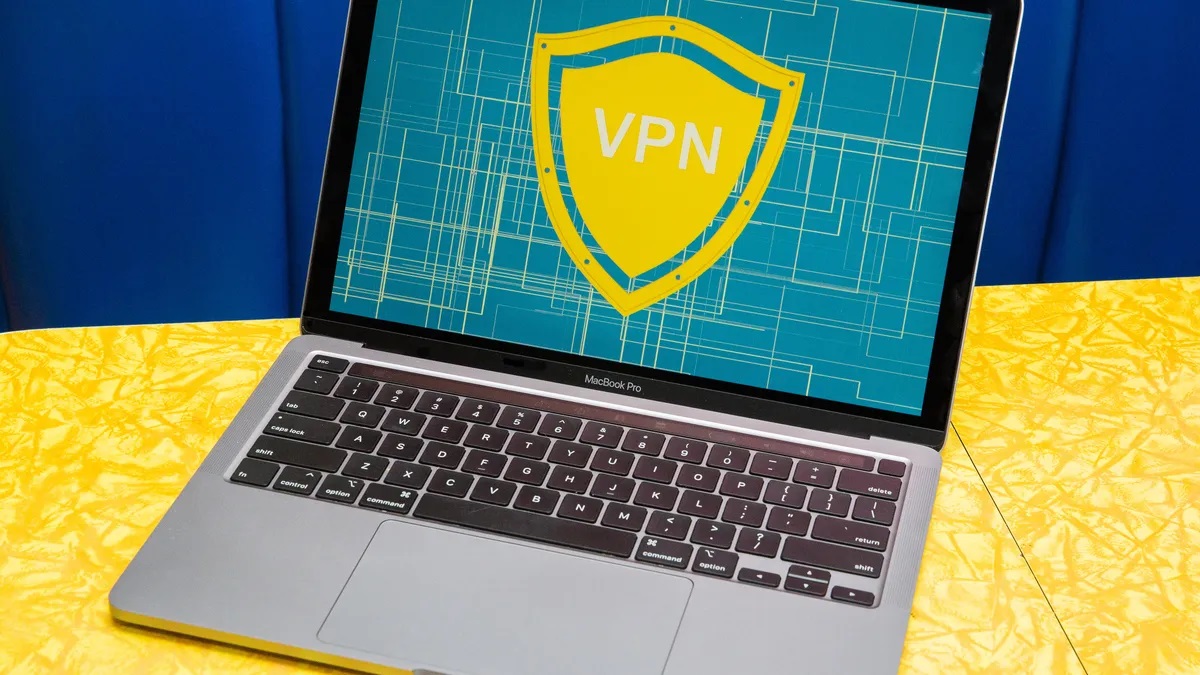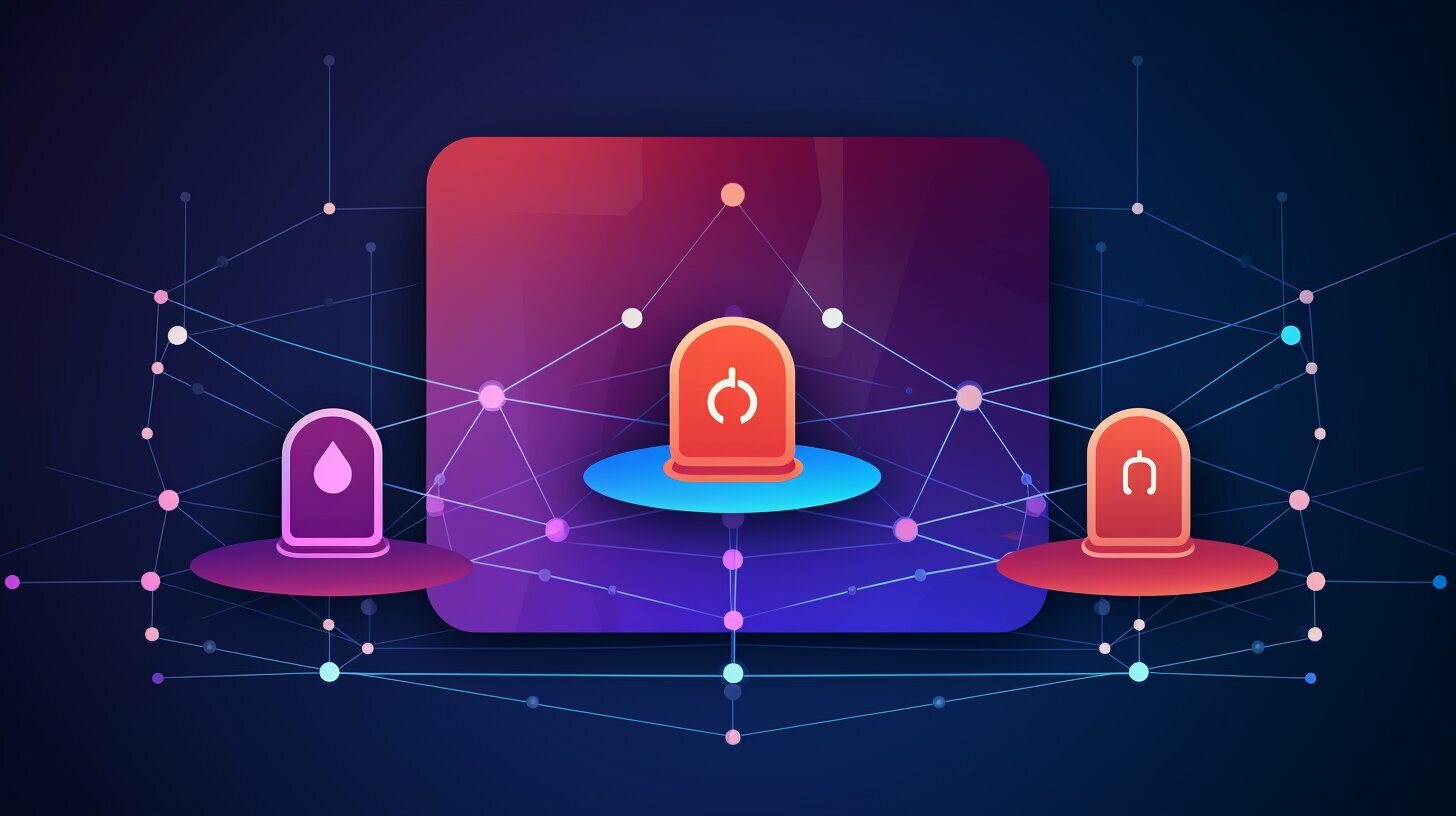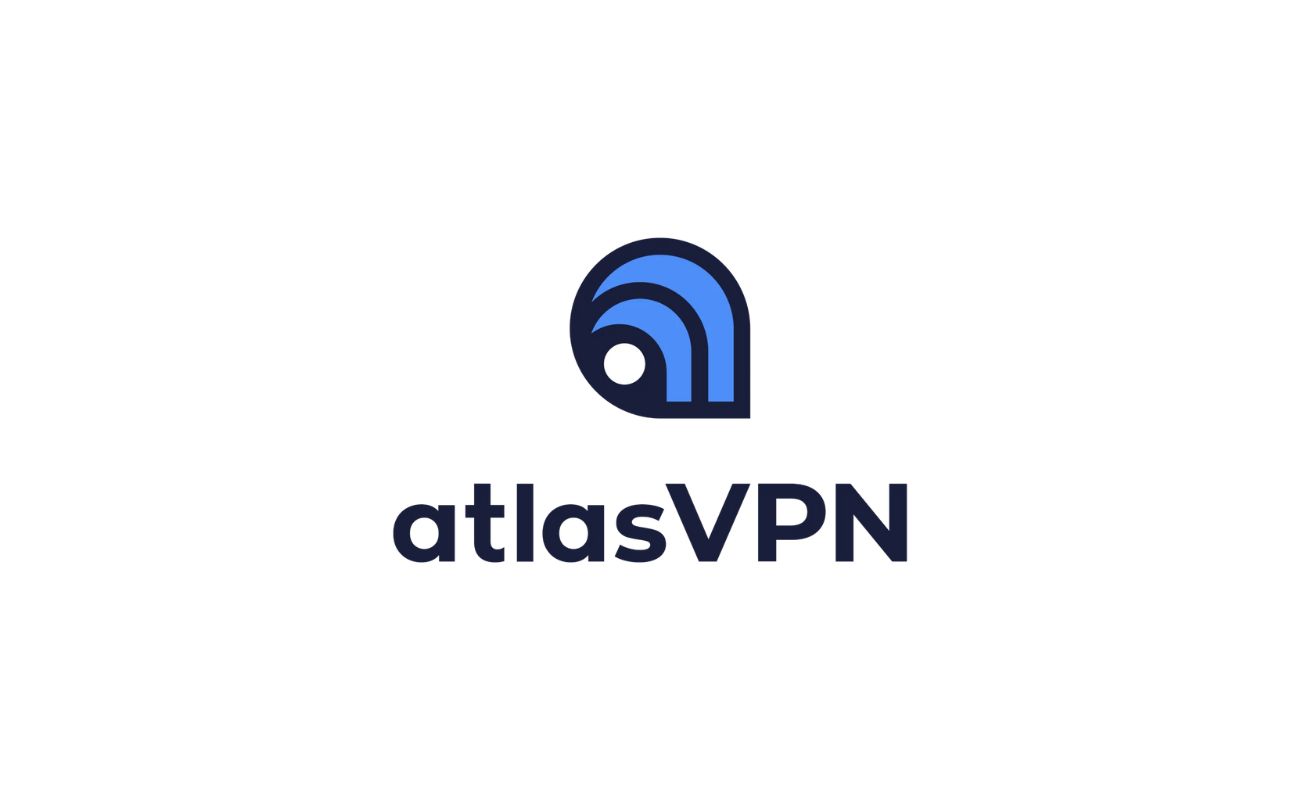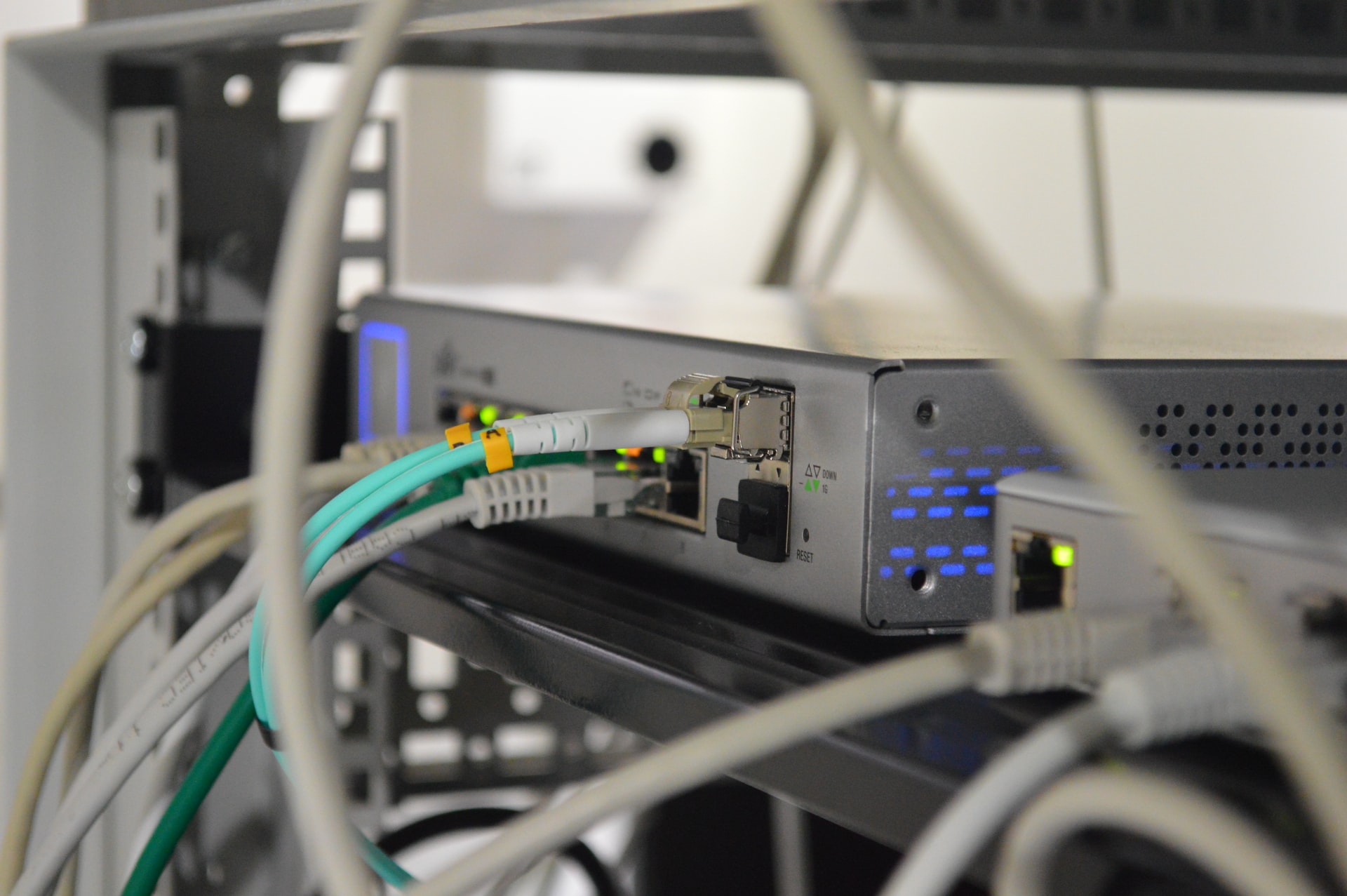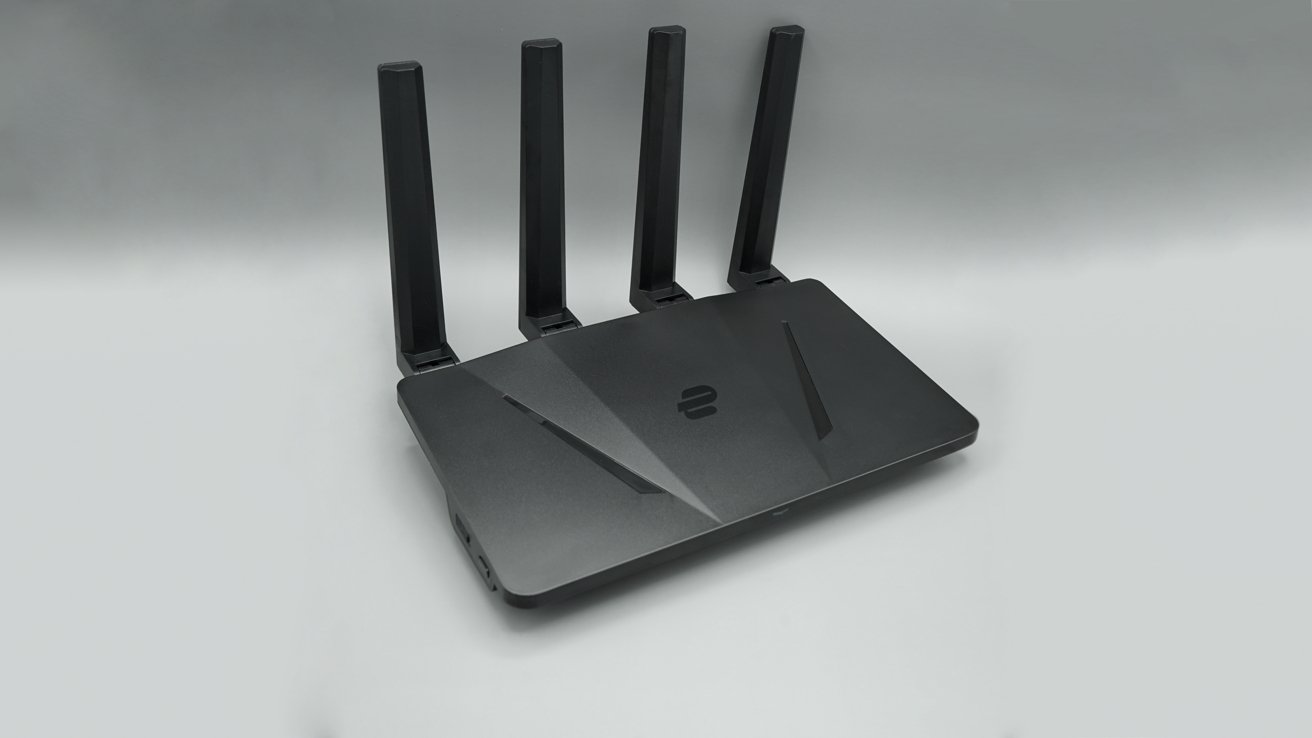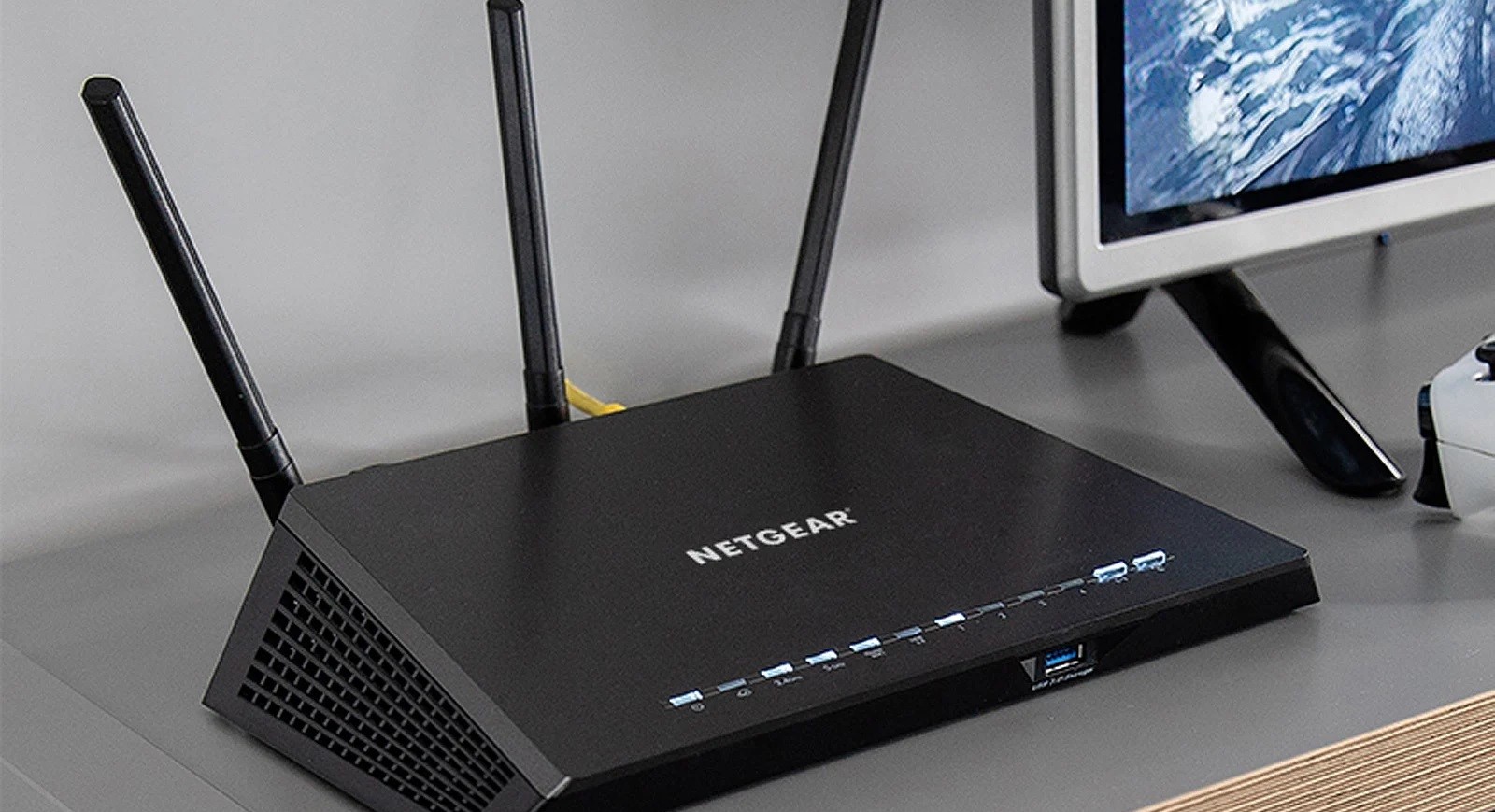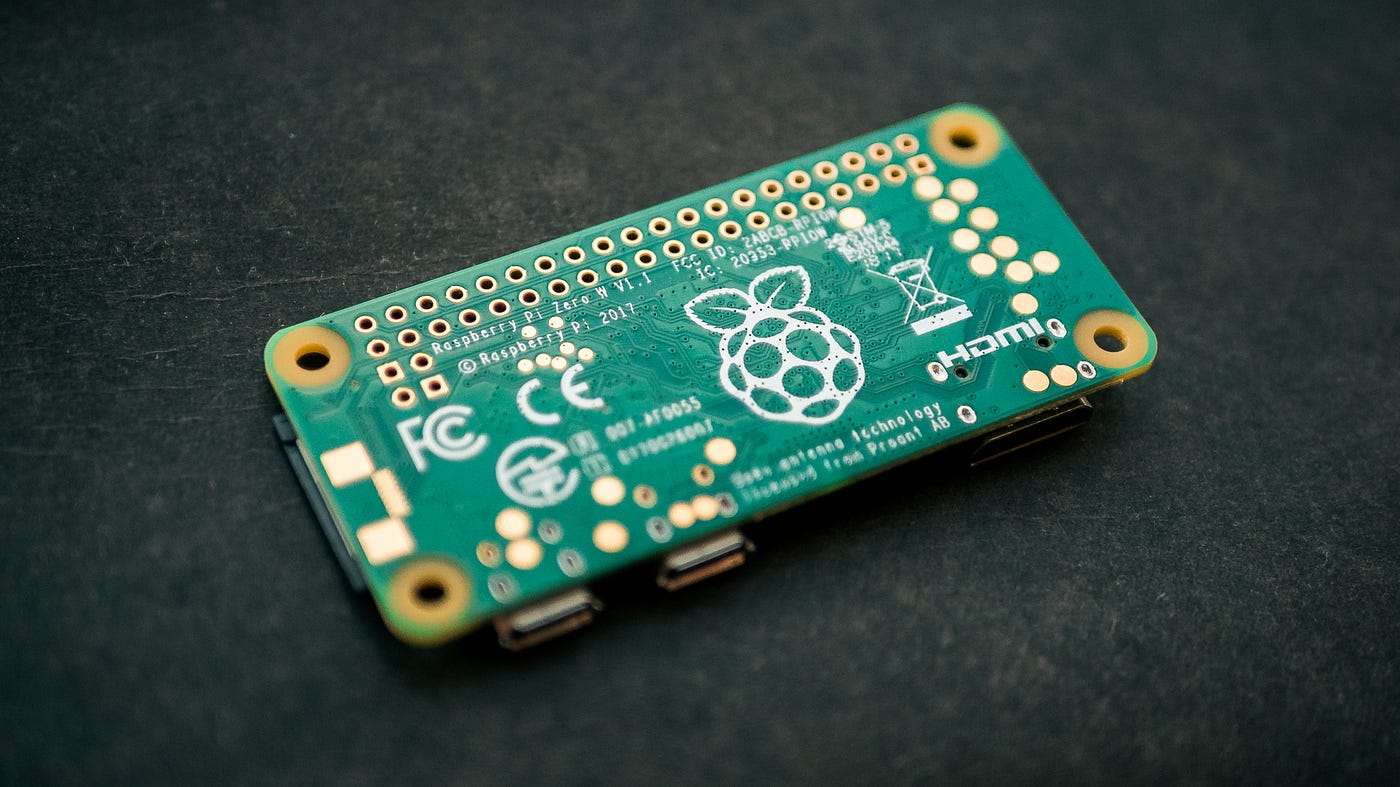Home>Software and Apps>Exploring the Power of VPN Concentrators in Tech


Software and Apps
Exploring the Power of VPN Concentrators in Tech
Modified: September 5, 2024
Discover the potential of VPN concentrators in software and apps. Learn how this technology can enhance security and connectivity for your digital tools. Unlock the power of VPN concentrators today!
(Many of the links in this article redirect to a specific reviewed product. Your purchase of these products through affiliate links helps to generate commission for Techsplurge.com, at no extra cost. Learn more)
Table of Contents
Understanding VPN Concentrators
In today's digital landscape, security and privacy have become paramount concerns for individuals and organizations alike. The rise of remote work and the increasing reliance on cloud services have created numerous vulnerabilities that can be exploited by malicious actors. One of the most effective tools in mitigating these risks is the Virtual Private Network (VPN) concentrator. This article explores their functionality, benefits, and applications in various technological contexts.
What is a VPN Concentrator?
A VPN concentrator is a specialized network device designed to manage and control multiple VPN connections. Unlike traditional VPN clients, which are software-based and handle a single connection, VPN concentrators are hardware-based solutions that can handle numerous connections simultaneously. These devices are typically used in enterprise environments to provide secure and reliable access to remote networks.
How Does a VPN Concentrator Work?
The primary function of a VPN concentrator is to establish and manage secure connections between remote users and the organization's internal network. Here’s a step-by-step breakdown of how it works:
-
Connection Establishment: When a remote user attempts to connect to the VPN, their device initiates a request to the VPN concentrator. The concentrator authenticates the user using credentials such as usernames and passwords or more advanced methods like multi-factor authentication.
-
Encryption: Once authenticated, the VPN concentrator encrypts the data using protocols like IPsec (Internet Protocol Security) or SSL/TLS (Secure Sockets Layer/Transport Layer Security). This ensures that all data transmitted between the remote user and the internal network remains confidential and protected from interception.
-
Tunneling: The encrypted data is then encapsulated in a tunneling protocol, which allows it to traverse the internet without being decrypted. Common tunneling protocols include PPTP (Point-to-Point Tunneling Protocol), L2TP (Layer 2 Tunneling Protocol), and OpenVPN.
-
Routing: The VPN concentrator routes the encrypted data through the internal network, ensuring that it reaches its intended destination securely.
-
Decryption: When the data reaches its destination, it is decrypted by the VPN concentrator before being delivered to the intended recipient.
Benefits of Using a VPN Concentrator
-
Enhanced Security: By encrypting all data transmitted between remote users and the internal network, VPN concentrators significantly reduce the risk of data breaches and cyber attacks.
-
Scalability: VPN concentrators are designed to handle multiple connections simultaneously, making them ideal for large-scale enterprises with numerous remote workers. This scalability ensures that the network remains secure and efficient even as the number of users increases.
-
Centralized Management: Administrators can easily monitor and manage all VPN connections from a single console, making it easier to troubleshoot issues and enforce security policies.
-
Compliance: In industries where data privacy is strictly regulated, such as healthcare and finance, VPN concentrators help organizations comply with regulations by ensuring that sensitive information is transmitted securely.
-
Performance: Modern VPN concentrators are optimized for performance, ensuring that encrypted data is transmitted efficiently without compromising network speed. This is particularly important for applications that require real-time communication, such as video conferencing.
Applications in Various Technological Contexts
-
Remote Work: With the rise of remote work, VPN concentrators have become essential tools for organizations. They enable employees to access company resources securely from anywhere in the world, ensuring that work can continue uninterrupted despite physical location.
-
Cloud Services: As more businesses move to the cloud, VPN concentrators play a crucial role in securing data transmitted to and from cloud services. They ensure that sensitive information remains protected even when it is stored in the cloud.
-
IoT Devices: The Internet of Things (IoT) is rapidly expanding, with devices ranging from smart home appliances to industrial sensors. VPN concentrators can be used to secure these devices by encrypting data transmitted between them and the central network.
-
Data Centers: In data centers, VPN concentrators are used to secure connections between different servers and storage systems. This ensures that data is transmitted securely within the data center and between different locations.
-
Telecommuting: For telecommuters who need to access company resources from home or public Wi-Fi networks, VPN concentrators provide a secure way to do so. They encrypt all data transmitted between the telecommuter's device and the company's internal network.
Read more: Exploring the Power of AWS Site-to-Site VPN
Compatibility with Cisco VPN Concentrators
Many VPN concentrators are compatible with Cisco VPN concentrators configured to use IPsec. This compatibility ensures seamless integration with existing network infrastructure, making it easier for organizations to adopt VPN solutions without significant changes to their setup.
Case Study: West Virginia State Government
The West Virginia state government has implemented a robust VPN solution using a vendor response to an advertised solicitation. The documentation includes references to various vendors such as Conch Technologies, Camelot IT Services, and Mythri Consulting. This indicates a comprehensive approach to securing their network by leveraging multiple vendors' expertise.
Understanding the power of VPN concentrators allows organizations to better protect their networks and ensure the secure transmission of sensitive information in today's digital age.


